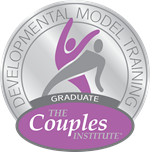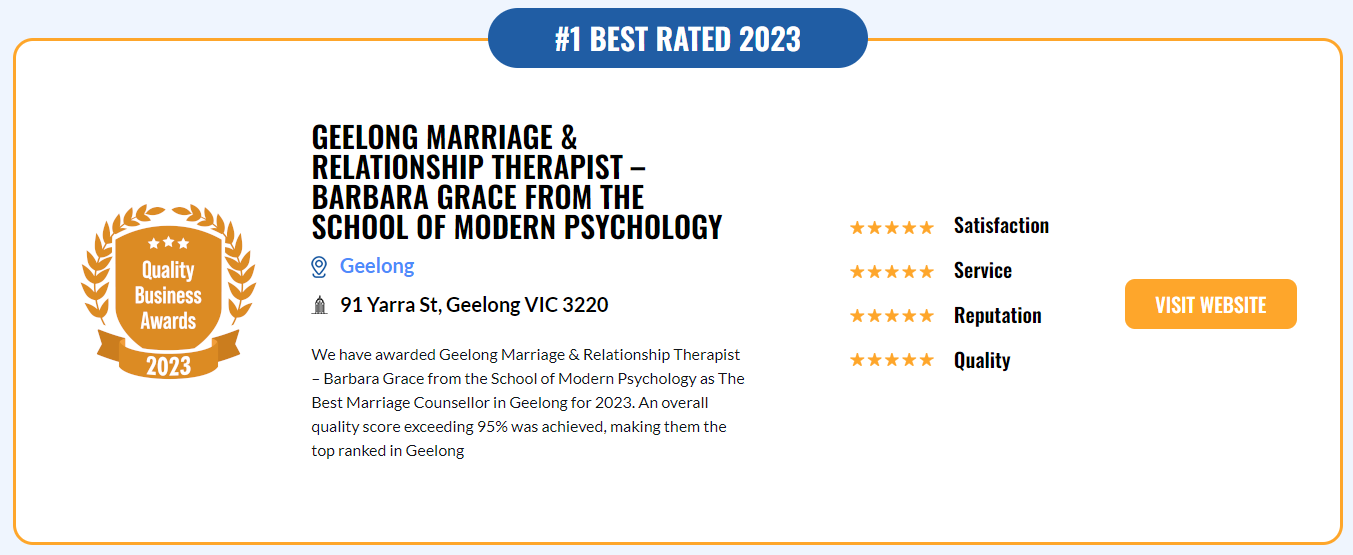Use These 3 Simple Tools in Your Relationship: Conversations to Connect and Communicate Better as a Couple -
/Build Foolproof Foundations For Stronger Connection in Your Relationship With These 3 Simple Communication Tools
As a relationship therapist, one of the most common issues I see couples struggle with is communication. Whether it's a lack of listening, misunderstandings, or not feeling heard - how we communicate with our partners has a huge impact on the closeness and quality of our relationships.
Over the years, I've found the conversation building techniques developed by Dr. Karl Albrecht to be incredibly helpful for couples looking to improve their communication skills. Dr. Albrecht was a pioneer in interpersonal communication research and his work, originally published in Psychology Today in the 1970s, laid the groundwork for more constructive dialog between partners.
At the core of Dr. Albrecht's approach are three simple yet powerful techniques - making a declaration, asking questions, and using qualifiers. When practiced consistently, these techniques can transform how couples connect and understand each other on a deeper level.
Making Declarations
The first step is making a clear declaration to your partner about how you see something or feel about a situation. This gives them insight into your perspective without immediately asking for their view.
For example, let's say you and your partner are trying to decide where to go for dinner. Instead of asking "What do you want?" you could make a declaration like "I'm really craving pizza tonight." This allows your partner to understand your preference up front before responding.
Making declarations prevents assumptions and helps ensure both parties are on the same page to begin the conversation. It's also important the declaration reflects how you genuinely see or feel about something rather than being a demand in disguise.
Jenna and Mark have been working on making more declarations in their discussions. Jenna shared "I noticed when we were out with friends last weekend, you seemed distracted on your phone a lot. It made me feel like you weren't fully present with me and the others." This helped Mark understand Jenna's perception without an accusatory tone.
Asking Questions
Once a declaration is made, asking open-ended questions is key to gaining understanding of another perspective. Questions that start with "what," "how," or "can you tell me more about..." invite the other person to openly share their thoughts rather than give a yes or no response.
Continuing the dinner example, after declaring her preference for pizza, she could ask her partner "What are you in the mood for?" or "What kinds of foods appeal to you tonight?" This shows she's interested in his viewpoint as well.
Lisa found asking more questions improved her conversations with her husband Dan. Instead of dismissing his concerns, she asked "Can you help me understand what's worrying you?" which allowed Dan to feel heard as he explained his perspective in more detail.
Using Qualifiers
Qualifiers provide context and help soften potentially sensitive topics. They show humility and create space for differing views rather than an "I'm right, you're wrong" mentality. Common qualifiers include "if I understand correctly," "it seems to me," "from my perspective," or "help me understand."
For instance, after Mark shared feeling distracted on their outing, Jenna could have responded with "It seems to me like you may have been engaging with others when on your phone. Help me understand your perspective." This qualifies her statement and leaves room for Mark to potentially provide additional context versus feeling immediately defensive.
When having a discussion about household chores, Sam used qualifiers like "from my view" and "correct me if I'm missing something" which helped ease tensions as his wife Emily countered some of his points. It showed he was open to hearing her side rather than needing to be right.
Practicing these techniques takes effort, and pays off tremendously in building understanding and intimacy as a couple. Declarations, questions, and qualifiers foster a cooperative "us versus the issue" mindset rather than a competitive "me versus you" one that plagues so many relationships.
When both partners feel truly heard without judgment, it creates psychological safety to be vulnerable, compromise when needed, and see multiple sides to any situation. Misunderstandings are less likely when each person feels their perspective has been acknowledged before a resolution is discussed.
Over time, these communication skills become second nature and lay the groundwork for respectful discussions even during more emotionally charged topics. Couples who have mastered this approach often comment how their ability to listen without reacting has brought them closer together through both good and challenging times.
Here are 20 examples each of qualifier statements, questions, and declarations that you can use to communicate in ways that build stronger connection.
Qualifier Statements:
From my perspective...
If I understand you correctly...
Help me see this from your point of view...
It seems to me that...
Correct me if I'm wrong, but...
I may be misunderstanding, please clarify...
To the best of my knowledge...
Based on what you've told me...
In my experience...
I could be mistaken, but it appears...
Perhaps I'm off base here, what do you think?
My interpretation is...
Allow me to rephrase to make sure I understand...
Please feel free to challenge my assumptions...
I want to fully understand your perspective, so...
From my limited viewpoint...
I may be missing something, help me understand better...
I could be way off, tell me your thoughts...
That's one way to look at it, another view could be...
Is it possible there are factors I'm not aware of?
Questions:
What are your thoughts on...?
How does this situation make you feel?
What concerns you most about this issue?
What do you need from me to feel supported?
What factors led to your perspective?
Can you help me understand your view better?
What assumptions may I be making?
What would be most helpful for me to know?
What have your experiences been related to this?
How can we work through this together as a team?
What are some potential solutions you see?
What would help you feel heard and validated?
What more can I do to show I care about your feelings?
What else do you need to fully express how you feel?
What are the main things driving your opinion?
What would make resolving this easier for you?
How do you think we can find a compromise?
What can I do to better support you through this?
What other factors am I missing here?
What do you need from me right now?
Declarations:
I'm feeling frustrated about...
Lately I've been worried that...
It's important to me that we...
A concern of mine is...
Something I value in our relationship is...
I wanted to share that I'm experiencing...
It's been on my mind that...
A goal of mine is for us to...
My perspective is...
I believe we should strive to...
It's important for you to know that I'm feeling...
A hope of mine is that we can...
I think it would help if we...
Something that's been bothering me is...
I feel strongly that communication is...
I want you to understand where I'm coming from...
It's clear to me that we need to...
A dream I have for our future is to...
A value I hold is being able to...
I believe understanding each other fully is key to...
I strongly encourage those looking to strengthen their relationship through better communication to try incorporating Dr. Albrecht's techniques on a regular basis. While it takes effort, the results of feeling truly understood and connecting on a deeper level with your partner makes it well worth it for a long and fulfilling relationship. With practice and consistency, these skills can transform how you interact and experience intimacy with each other every day.









